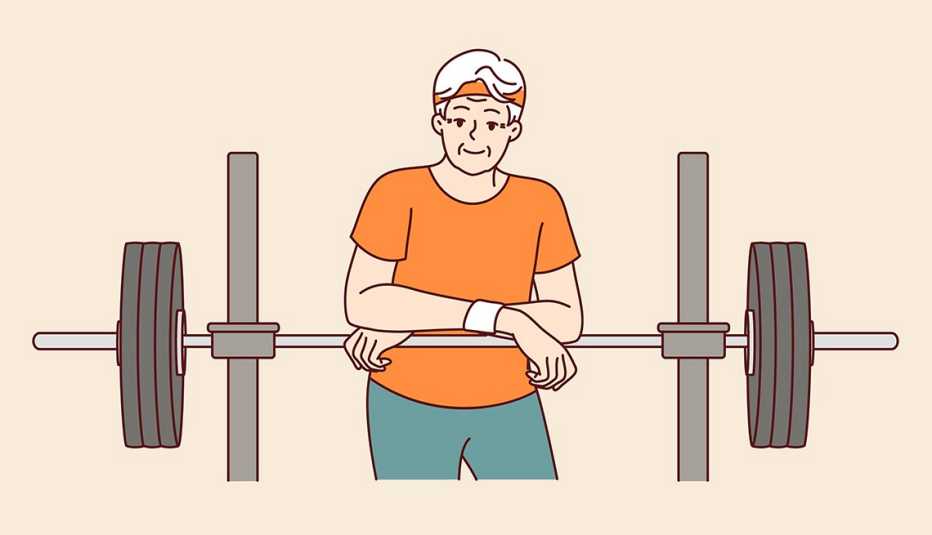Weekend Warriors Just as Healthy as Everyday Exercisers

It doesn’t take much to derail a weekday workout: an unexpected meeting, family obligations, a last-minute dinner with friends. Before you know it, there’s no time to squeeze in a spin class.
Sound familiar? Don’t sweat it, says Wes Troyer, D.O., a physical medicine and rehabilitation specialist at the Mayo Clinic, as long as you’re making time for exercise on the weekends. Accumulating research suggests that people who pack in the recommended weekly 150 minutes of physical activity over one to two days can reap the same health benefits as those who spread it out over the week.
“There’s hope for people who are weekend warriors, or people that are putting in most of their time on the weekends,” Troyer says — and the data suggests that’s a lot of us.
A 2023 JAMA study of nearly 90,000 individuals found that roughly 42 percent of participants saved their workouts for the weekend, or at least condensed them to one or two days. And doing so still resulted in heart-health benefits.
Compared with inactive adults, the so-called weekend warriors had lower risks for heart disease and stroke, and these lower risks were similar to the benefits seen among individuals who distributed their exercise more evenly throughout the week. The weekend exercisers also had similarly lower risks of heart failure and atrial fibrillation, an irregular heart rhythm that can increase the risk of a cardiovascular event.
“Our findings suggest that interventions to increase physical activity, even when concentrated within a day or two each week, may [improve] cardiovascular outcomes,” senior author Patrick T. Ellinor, M.D., acting chief of the Cardiology Division at Massachusetts General Hospital, said in a news release.
Another study, published this year in JAMA Network Open, found that adults who took at least 8,000 steps one or two days per week reduced their risk of dying from cardiovascular disease by 8.1 percent compared to less active adults. Study participants who hit the 8,000-step benchmark three to seven days per week cut their risk by 8.4 percent.
And a 2022 study published in JAMA Internal Medicine found that adults who were physically active, either throughout the week or just a few days a week, were much less likely to die prematurely than inactive adults. What’s more, the weekend warrior study participants had mortality rates similar to those of the participants who had multiple workout sessions during the week, “suggesting that when performing the same amount of physical activity, spreading it over more days or concentrating it into fewer days may not influence mortality outcomes,” the researchers note.
To find out more about the benefits of weekend exercise, from AARP, CLICK HERE.
